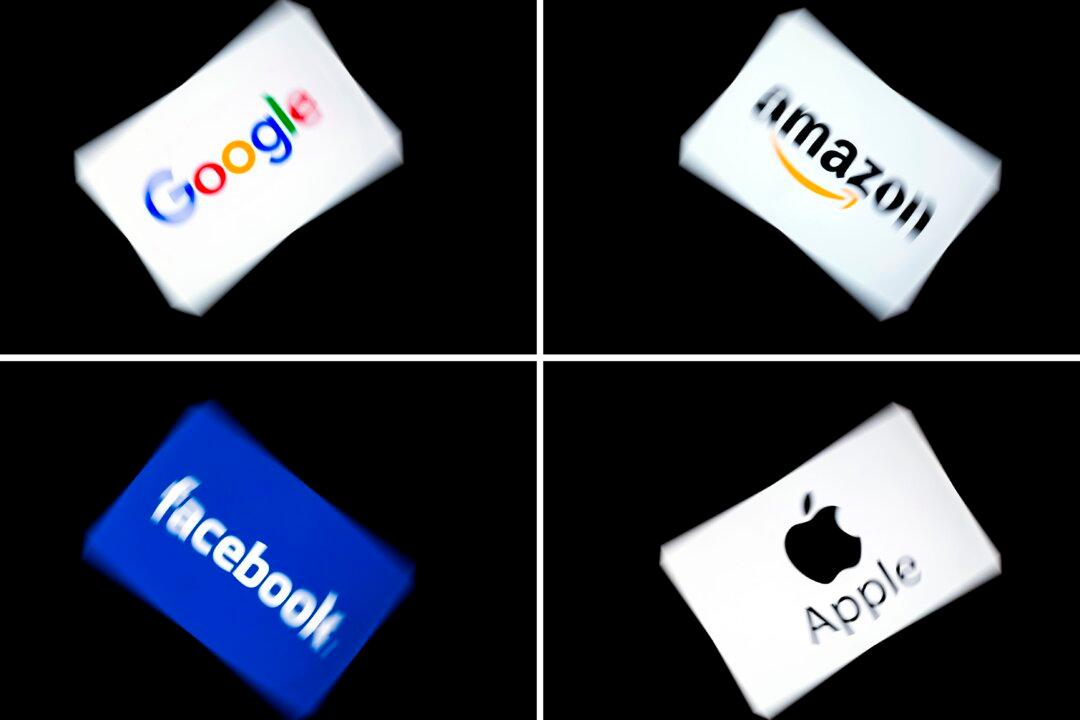“Big tech” faced an unprecedented number of antitrust investigations in 2019, with four major multinational technology companies—Facebook, Google, Amazon, and Apple—receiving a level of scrutiny that hasn’t been seen in decades.
A congressional committee and subcommittee are investigating all four, even as the Justice Department (DOJ) and the Federal Trade Commission (FTC) are reviewing one or more of the companies. The probes extend down to the state level as well, with dozens of state attorneys general scrutinizing the practices of Facebook and Google in separate cases.





